From November 2017 to June 2021, PCA undertook a staged programme of archaeological works on land leased by the Elveden Estate and managed by the Forestry Commission as part of the A11 Fiveways to Thetford scheme. Throughout our fieldwork, PCA worked closely with the forestry commission management whilst felling and logging were underway.
The work was commissioned by Jacobs UK Ltd on behalf of Highways England in response to the creation of a new habitat for stone curlews and nightjars. The aim was to identify, map, and characterise any upstanding earthworks within the Habitat Creation Area in order to agree any further areas for protection of earthworks in situ, and to preserve through record any earthworks which may be damaged or destroyed during the construction of the ecological habitat.
This work is the largest archaeological study of the unique Breckland environment in Suffolk. Our investigations began with a two-phase archaeological trial trench prior to and during tree clearance in 2017–2018, which identified a number of features and deposits containing worked flint characteristic of the Late Neolithic and Early Bronze Age.
The trenching was followed by Earthwork and Topographic Survey, undertaken between November 2020 and January 2021, which identified 14 linear banks associated with the medieval to post-medieval ‘Wangford‘ rabbit warren. The results of the earthwork survey confirmed that the banks of the warrens, which were covered by forestry plantations, have been well-preserved. As a result, the underlying buried soil deposits have also been preserved.
Field walking and metal detecting surveys undertaken from March to April 2021 proved the site had been utilised throughout history, with artefacts dating from the Early Bronze Age through to modern day forestry related metalwork. A spread of Roman items was notable, which upon further inspection proved to be two dense areas of artefacts including coins, brooches and other domestic items. The fieldwalking identified particular areas of interest in addition to the background prehistoric activity: a dense spread of worked flint which represents an area of intense Bronze Age flint working industries, and a spread of Roman pottery dating to the 2nd-4th centuries.
PCA undertook a programme of excavation between May and June 2021. During this stage of the project PCA arranged work experience for students from the local sixth form college to take part in the excavations and participate in the processing of finds from a Roman farmstead revealed by the works, such as this Roman leopard brooch (right; click for further details).
See also Hockwold Heath, which is linked with this project.




